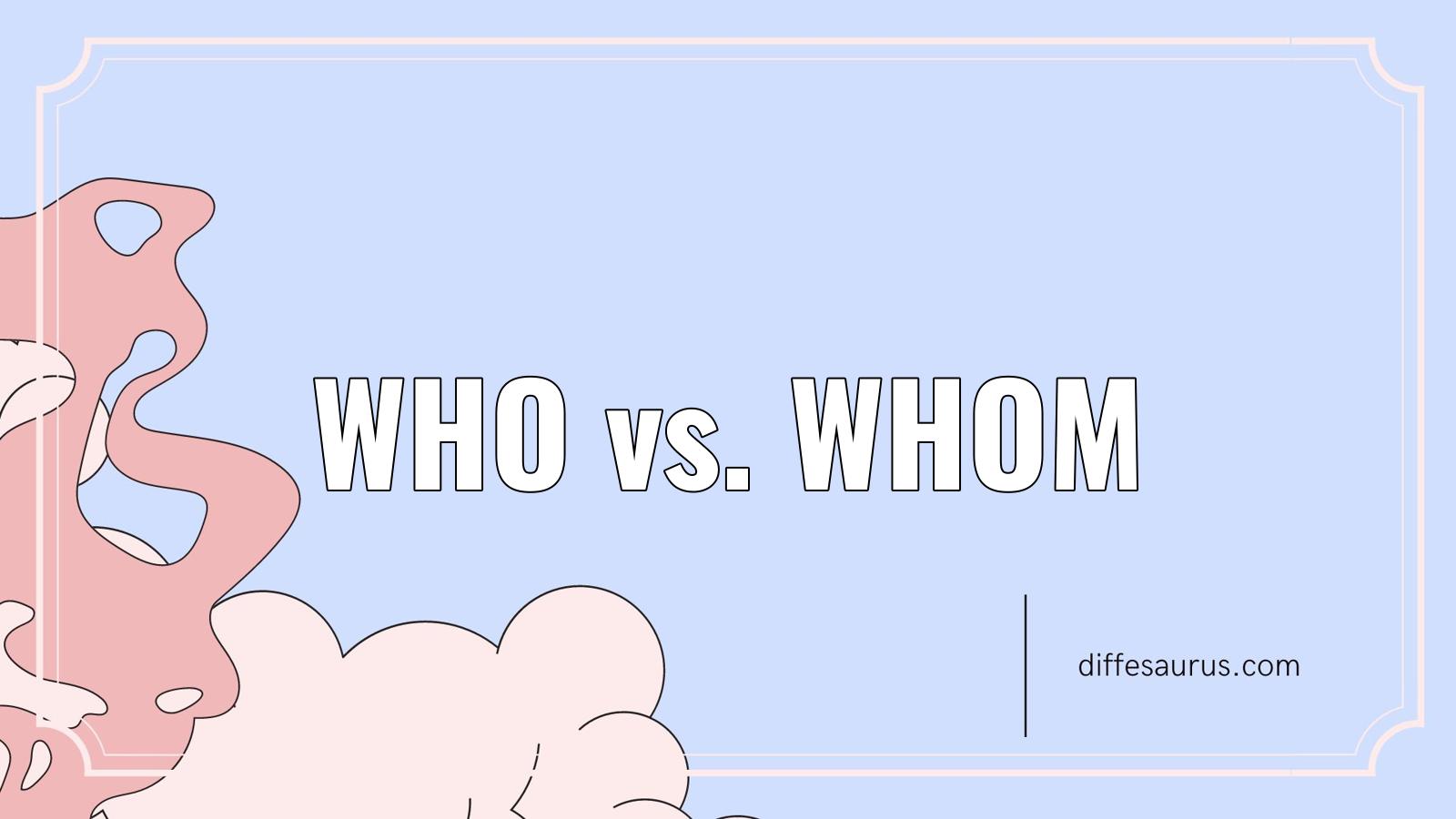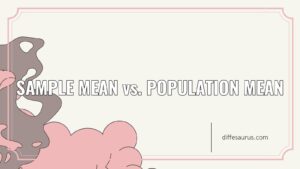Is it someone or someone else? This may seem impossible, but you can find out what to look for quickly here.
Someone should be used to refer to the object. If you can replace the word with ‘he’ or ‘she”, you should. If you can replace it with someone else, you should use who.
How do you use WHOM example?
But what does that mean to you? The doer of an action is the subjective pronoun, who. That’s the person who scored the goal. The girl was doing the scoring, so it is the subject of scored. The action is received by the pronoun ‘whom’. Who do you like the most?
Can you use who instead of whom?
Who and whom should be used correctly. If you replace the word with ‘he’ or ‘she”, then you should use who. If you can replace it with someone else, you should use who.
Who vs whom exercises?
Explain to your students that the subject of the sentence is the person, place, or thing. The correct choice would be who if you could replace the subject with a subject pronoun. You can model some sentences using who as the subject, then have your students rewrite the sentences to say who. The subject pronoun rule can be used to fix incorrect sentences if you model them and ask students to do so.
Who I met or whom I met?
There is a debate about when to use who and when to use whom in English. Who should be used in the subject position in a sentence, who should be used in the object position, and who should be used after a preposition are according to the rules of formal grammar.

Who am I talking to or whom?
The actual usage of who and whom isn’t easy to understand. native English speakers have trouble remembering when to use who Someone who is more formal than someone who is less formal, does not appear much in English. We’ve found that who appears more in written English is more common in some situations.
How do you use whom in a sentence examples?
The birthday boy went to the cinema with a bunch of his friends. One of them was the boy who was celebrating his birthday.
Is whom a direct or indirect object?
The question of who or what is answered by a direct object. If you asked the question ‘What did Alice catch?”, you would be able to determine that baseball is a direct object.
Is it Whom else or who else?
According to the Oxford English Grammar, who is commonly used for object functions is. Oxford examples of perfectly acceptable English include, ‘Who didn’t you like?’ and ‘Who else can we nominate?’

Who did you see or who saw you?
The past tense of the verbs ‘to see’ and ‘ to use’ have different meanings. Robert is correct that ‘Did you see’ is not a proper expression. ‘Did you see it?’ is correct, as ‘saw’ can only mean one thing – sawing. If it had been ‘Did you see the piece of wood?”, it would have been clearer. You can deduce that the toy ball is a party if you know that the Queen doesn’t play with it. One of the reasons that computers can’t understand the meaning of a sentence is because of this. Today’s computer doesn’t have enough memory to store context information or experience.
How do you use who in plural?
The word doesn’t have a singular meaning. It’s a pronoun, meaning we use it to refer to something. It is an interrogative pronoun, so it doesn’t have the power to indicate a plurality or a singularity. We use interrogative pronouns to ask questions and the form of the sentence is indicated through the subject and the object.
Who vs whom vs that examples?
But what does that mean to you? The doer of an action is the subjective pronoun, who. That’s the person who scored the goal. The girl was doing the scoring, so it is the subject of scored. The action is received by the pronoun ‘whom’. Who do you like the most?
For whom or for who grammar?
Someone should be used to refer to the object. If you can replace the word with ‘he’ or ‘she”, you should. If you can replace it with someone else, you should use who.
Who vs whom use?
Whom is easy to understand and difficult to understand. The form of who that is in the object position in a sentence is the objective case of who. Things get complicated when you don’t know what the object position is in the sentence.
When Should Who or whom be used?
Who is a pronoun is used to refer to a phrase that has already been said or that doesn’t need to be named. Who replaces who in places where the action of the word would be received or the meaning of the word would be known.
Is who or whom an object?
When you should use who and whom, there are some rules. That means that ‘who’ is always an object in a sentence, and that ‘whom’ is always a subject. The subjects and objects in a sentence have been explained.



